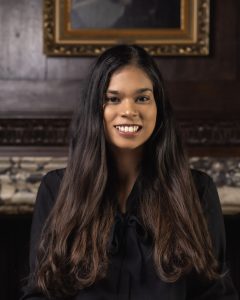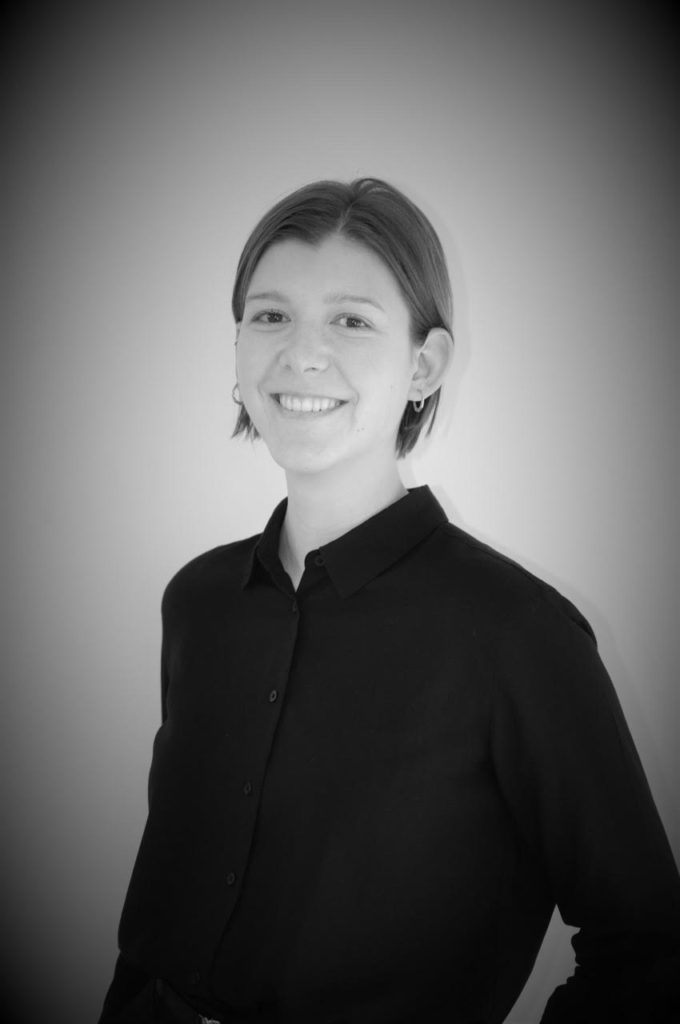Alumni Profiles
Graduates of the Trudeau Centre have taken diverse and intriguing paths in their efforts to make a positive contribution to the global community. If you are an alumni of our program and want to share your latest update, please get in touch with us at pcj.program@utoronto.ca.
Click on the names of alumni to explore their paths!
Tea Cimini, ’18
 Tea Cimini graduated in 2018 with a Specialist in Peace, Conflict and Justice and a Minor in Political Science. She credits her experience in PCJ for allowing her the flexibility to combine interests in European studies and security, as well as the connections she made with other students with vastly different courses of study. Tea currently works with the World Bank, operating out of the Rome office as a point of contact for Rome-based agencies and other southern European countries to support planning for G20 summit in 2021.
Tea Cimini graduated in 2018 with a Specialist in Peace, Conflict and Justice and a Minor in Political Science. She credits her experience in PCJ for allowing her the flexibility to combine interests in European studies and security, as well as the connections she made with other students with vastly different courses of study. Tea currently works with the World Bank, operating out of the Rome office as a point of contact for Rome-based agencies and other southern European countries to support planning for G20 summit in 2021.
Cindy Wu, ’19
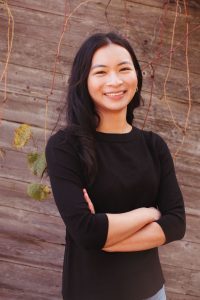 From PCJ to Harvard Law School, Cindy Wu has combined her background in peace, conflict and justice to the real practice of justice. Cindy graduated from UofT in 2019 with a double major in PCJ and International Relations. She credits the latitude to explore interdisciplinary courses through the PCJ program and the connections she made with her PCJ cohort as influences on her current path. Now in her final year at Harvard Law School, Cindy currently serves as the Executive Managing Editor for the Harvard Human Rights Journal and the Programming Director for Advocates for Human Rights alongside her work in a human rights clinic.
From PCJ to Harvard Law School, Cindy Wu has combined her background in peace, conflict and justice to the real practice of justice. Cindy graduated from UofT in 2019 with a double major in PCJ and International Relations. She credits the latitude to explore interdisciplinary courses through the PCJ program and the connections she made with her PCJ cohort as influences on her current path. Now in her final year at Harvard Law School, Cindy currently serves as the Executive Managing Editor for the Harvard Human Rights Journal and the Programming Director for Advocates for Human Rights alongside her work in a human rights clinic.
Salvator Cusimano, ’12
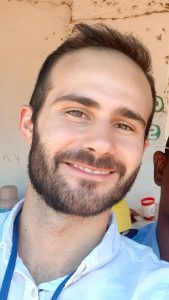
Salvator Cusimano works at the centre of peacemaking efforts through his role as a Political Affairs Officer at the United Nations (UN) headquarter in New York City. Graduating from the University of Toronto in 2013 with a joint specialist in International Relations and Peace, Conflict and Justice (PCJ), Salvator credits his undergraduate experiences conducting field-based research with helping him explore his interests and chart his postgraduate path. Salvator completed independent research in Uganda, allowing him to complement his learning from PCJ by personally experiencing a post-conflict setting.
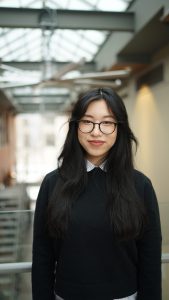
Louisa You ’20
Louisa You has transformed her passion for studying social issues of power and injustice into a career in academia that is enriched by her interdisciplinary background. Graduating in 2020 with a specialist in Peace, Conflict, and Justice alongside minors in political science and psychology, Louisa has found her focus in intergroup relations research. She recently defended her Master’s thesis in Psychology at the University of Toronto, and is now in the PhD program. She continues to apply the tools she’s learned in PCJ in graduate school and beyond.
Ray Acheson, ’05
From meetings at the United Nations to a Nobel Prize winning campaign, Ray Acheson has fervently advocated for the disarmament of weapons and shed light on feminist issues in politics. Time and time again, this has been at the core of Ray’s activism, having worked with campaigners around the world and activists on the ground. Ray’s degree in Peace and Conflict Studies has helped them use an interdisciplinary approach to their work and connect these issues of disarmament to broader social movements. Ray is currently the Director of Reaching Critical Will at the Women’s International League for Peace and Freedom and recently published their book, Banning the Bomb, Smashing the Patriarchy.
Rushay Naik, ’20
From performing research on Indonesian punk rockers to examining the way Geneva’s infrastructure affects peace institutions, Rushay Naik has been around the world and back throughout his time at UofT. Graduating with a degree in Peace, Conflict and Justice and Global Health, Rushay has researched case studies across the globe examining the relationship between health systems, infrastructure, and peace processes. He plans to further his studies as he pursues his Masters of Science in Global Health Services Research at the Dalla Lana School of Public Health. During this summer, Rushay has stayed busy working as a Summer Research Fellow for the University of Oxford COVID-19 Government Response Tracker.
Jenna Lemieux, ’19
Jenna Lemieux has truly utilized the interdisciplinary approach fostered through Peace, Conflict and Justice. In her role as programming staff for a Toronto-based non-profit, she’s worked in a multi-dimensional setting where, as learned through PCJ, everything is connected. Graduating in 2019 with a degree in Peace, Conflict and Justice and Sociology, Jenna has used this combination of studies to analyze the social policy implications of themes like genocide and human rights. The questions posed during her time in PCJ remain increasingly relevant and she fuels her work with this, continuing to advance in the field of social policy.
Kassandra Neranjan, ’19
From the United Nations General Assembly to the Toronto Women’s March, Kassandra Neranjan’s gender justice advocacy has taken many shapes and forms. Graduating in 2019 with a degree in Peace Conflict and Justice, International Relations, and French Literature, she has engaged with her communities at every level. She has performed field research focused on gendered aid provision for Rohingya refugee women and has continued to contribute to projects at U of T, McGill University, and Islamic Relief Canada. Throughout all her work, Kassandra fosters critical discourse and debate with regards to social norms, public policy, lived realities, and considerations of research and academia. She continues promoting gender equality and feminist policy-making as a current BCL/JD candidate at McGill University Faculty of Law.
Saambavi Mano, ’18
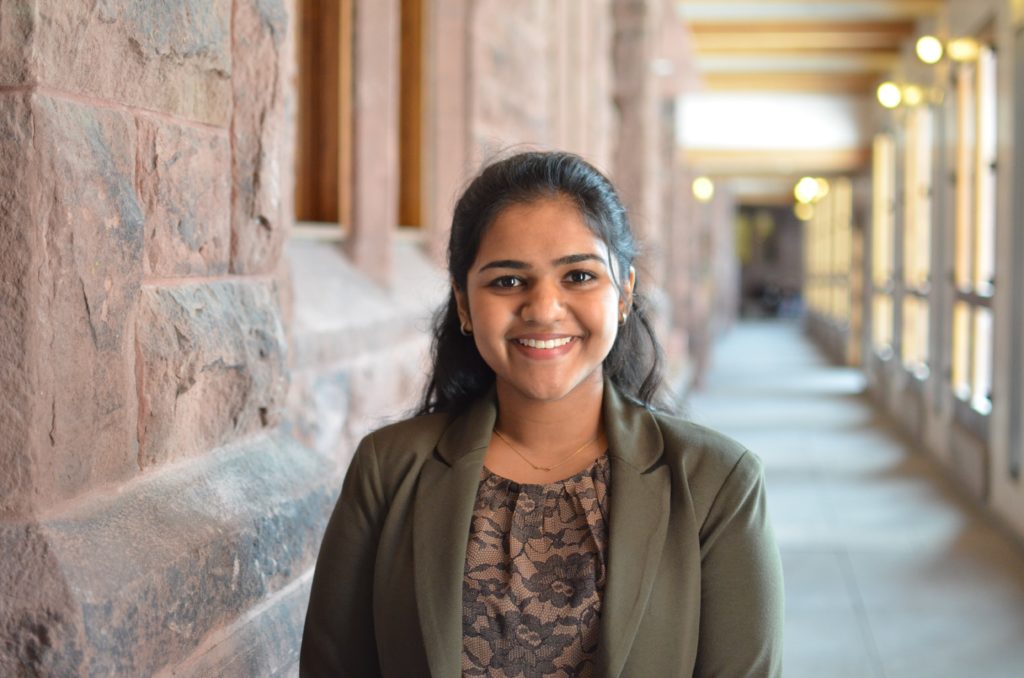
Saambavi graduated from the University of Toronto in 2018 with a specialist in Peace, Conflict and Justice and a minor in Political Science. She is currently a first-year JD student at UofT’s own Faculty of Law and describes how the interdisciplinary nature of the program has helped her with the wide variety of mandatory courses. The opportunities and extracurriculars offered through the program have helped her engage with the law program and she’s become involved with various activities like first-year moot, the Litigation Association and the University of Toronto Faculty of Law Review. Saambavi also works for labour law clinic Advocates for Injured Workers, which takes on cases not only in defense of injured workers’ rights, but also violations to the Human Rights Code such as wrongful dismissal.
Alexa Waud, ’18
Alexa graduated from the University of Toronto in 2018 with majors in Peace, Conflict and Justice and Environment and Health. During her time in the program, she was involved in the first-ever Reach Project with Dr. Joseph Wong. Her interests are largely in environment social science, and the flexibility and interdisciplinary nature of the program allowed her to take courses in these topics. After graduation, she pursued a Masters in Oxford at the School Geography and Environment. She then moved to London to organize with the grassroots environmental justice group Fuel Poverty Action. She now works at Traverse, an organization that specializes in social research and public engagement. There, she helps navigate complex social problems through avenues such as deliberative dialogues.
Brian Malczyk,’16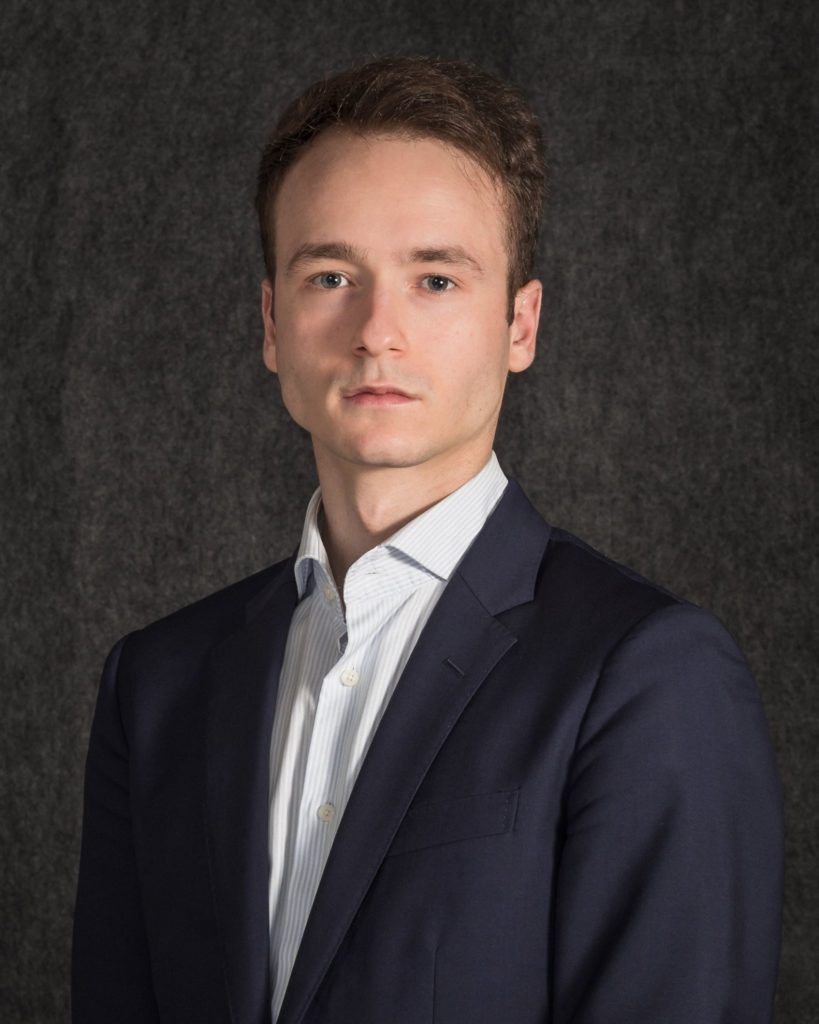
Brian graduated from the Peace, Conflict and Justice program in 2016. He describes how PCJ prepared him for many different options following graduation. As a result, he took a year off of school to return to music—one of his passions from his time at St. Michael’s Choir School—during which he taught piano and sang in choirs and at local parishes. He since longed to return to study in a program akin to the interdisciplinary nature of PCJ but with more quantitative approaches, leading him to currently pursue a Master’s of Global Affairs (MGA) at the Munk School of Global Affairs and Public Policy. Brian is currently the executive director of the Center for Development and Strategy (CDS), a charity and think tank based in New York. He is also the co-founder and vice-chair of Esonance, a federally-incorporated consulting company in Toronto. They are currently piloting a program to help people in various stages of their careers and lives more generally to address challenges faced by young professionals. Generally, he hopes to continue roles in global strategy and pursue work similar to what he currently does with his colleagues at the Rotman School of Management and Munk.
Chanel Grenaway, ’97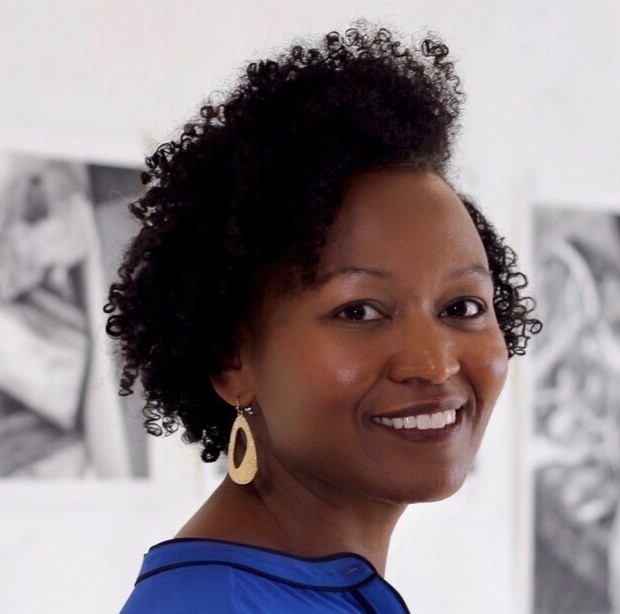
Chanel graduated from the Peace, Conflict and Justice (then Peace and Conflict) program in 1997. She then found work at the Canadian Executive Service Organization (CESO), an international development agency that helps create strong businesses in foreign countries by creating partnerships between (semi-)retired Canadians and local businesses. She worked there for five years, starting in the communications department and then later moving into the programming side. During her time at CESO, however, she came to realize that there was a lot of social justice work to be done right here in Canada, particularly surrounding women’s equity, poverty reduction, and Indigenous issues. This led her to the Canadian Women’s Foundation in 2003, where a one-year contract turned into 14 years. There, she managed collaborative, multi-year grant-making projects that supported women living on low incomes to participate in pre-apprenticeship programs, self-employment programs and gain valuable work experience through social enterprises. She also contributed to the launch and implementation of a Leadership Institute, focused on the needs of emerging leaders in the non-profit sector. She now leads her own consulting firm, Chanel Grenaway and Associates, assisting non-profits to promote gender equity and community development through intersectional analysis.
James Fraser,’96
James graduated from the Peace, Conflict and Justice (then Peace and Conflict) program in 1996. Aided by international experiences during his undergrad, he proceeded to work for Doctors Without Borders for several years, beginning as a logistician and later becoming a program coordinator. He then founded Dignitas International in 2002, growing it from zero to 130 people during his time there while effecting policy changes for better health access, training health care workers and spreading access to HIV treatment in Malawi. He is now President and CEO of ChipCare, a Toronto based diagnostic company that boasts a low cost, rugged, mobile and polyvalent (cells, immunoassay and molecular) blood testing platform to increase diagnostic access to the hardest-to-reach populations.

